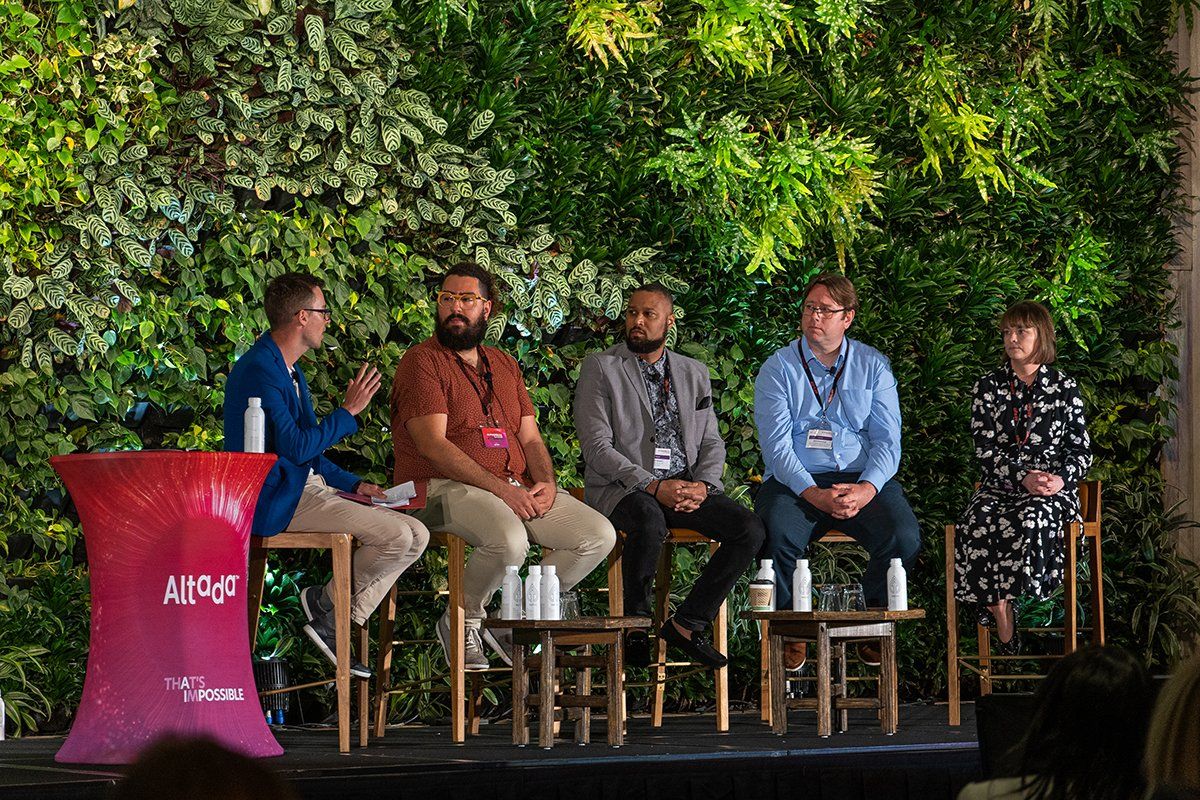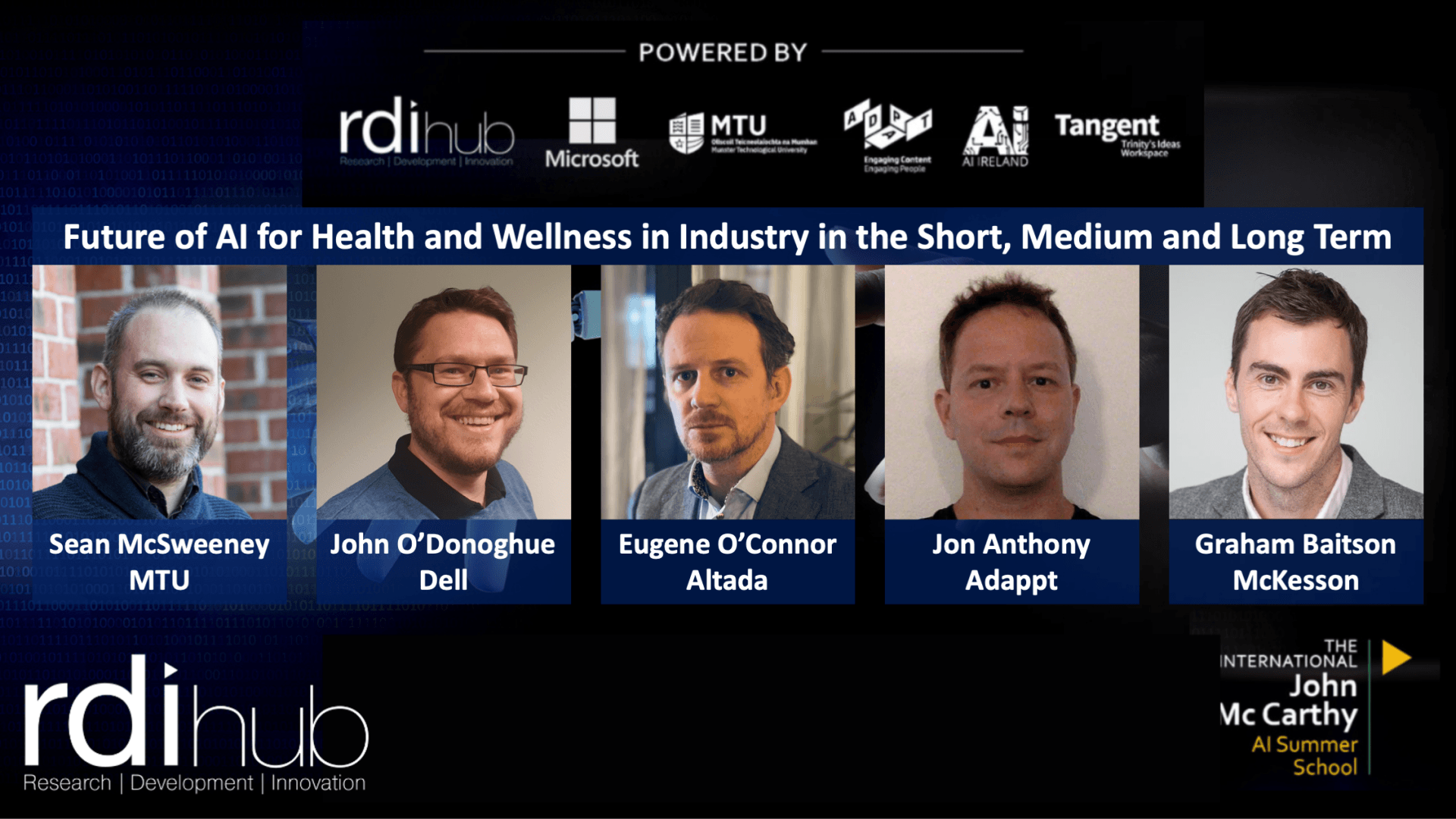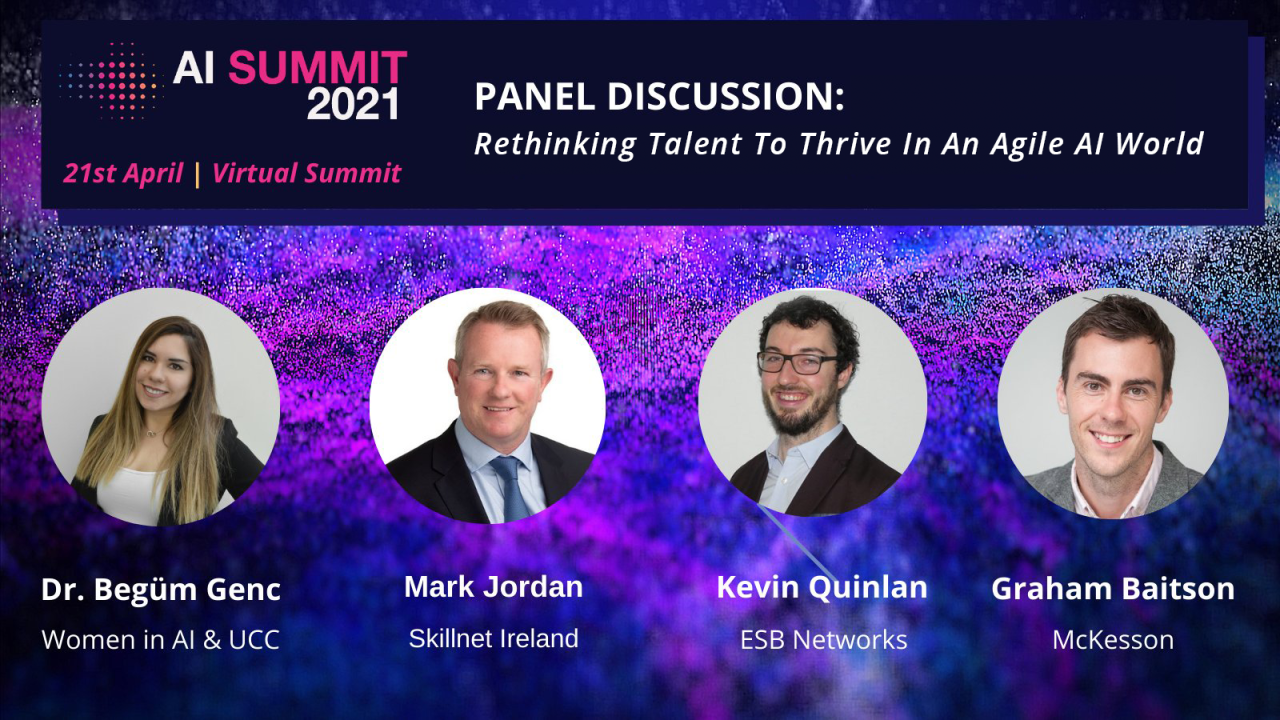The Analytics Summit 2021 Trends - Data, Sustainability & Ethics
4 Minute Read - Last week I attended the virtual/in-person Analytics Summit 2021 Conference and it was great to see the opportunities for data towards sustainable growth that have emerged due to almost two years of a pandemic. There were a couple of running trends apparent throughout all of the talks, and below I have outlined some of my takeaway points from the day of informative and inspiring talks. All thoughts and views are my own.
Data-Driven
One thing that data-driven companies have in common is that they have proven time and time again to be more resilient, with a recent study showing that 82% of data-driven companies have reported critical business advantages during the pandemic (Tableau, 2021). But in the drive to become a data-driven company (i.e. 85% of businesses want to be data-driven), only 37% of businesses are successful (Tableau, 2021). The reason for this low percentage is that not only are there a number of challenges when it comes to data collection and usage, some of which I outlined in one of my previous articles, ‘Industry Future of AI for Health and Wellness’, but also not enough emphasis put on business outcomes as a result of using the data. Dr. Matthew Howard, International Lead, Public Sector Healthcare Data Science and AI at AWS, outlined his formula for businesses to have the most effective harnessing of data:
(Mindset + People + Process) * Technology
Sustainability
Recently, more and more emphasis has been put on global sustainability progress to prevent our future generations from inequity and climate related crises. Sustainable AI was a key trend running across almost all of the talks. One interesting project that was mentioned was Terrain-AI (Terrain-AI, 2021), a jointly funded €5m climate change project between Science Foundation Ireland (SFI) and Microsoft which aims to help understand the impact of human activity on land use. Trevor Dhu, Asia Lead, Sustainability Science at Microsoft started with a powerful message saying that “we need to go faster to drive towards a sustainable world”. But the interesting point to this project was that while collecting and analysing the data, they identified another potential use-case. When analysing the terrain imagery, they realised that they were able to recognise areas of habitat, and as a result, identify areas that would be in need for future electric vehicle charging stations. I thought this was a really good example of being able to apply data to solve a different problem.
Trust & Ethics
I have written a number of articles touching and focusing on ethical AI including “Are Humans the Next Horse? The Rise of the Robots” and also the start of my 3-part series “The Rise of Ethics in Artificial Intelligence (Part 1: Privacy)”, and again this seemed like an important topic of interest throughout the discussions. During the EY panel discussion on data and trust, it was noted that there has recently been a shift of trust from mainly being focused on regulatory and compliance to becoming the centre of attention and playing a more crucial role in the developments and future of business strategy. There was a major emphasis put on the importance of building intelligent trust at the forefront of design in order to strengthen investor confidence and also manage risk. When building AI solutions, we need to ensure that we embed human values, collaborate towards the responsible advancement of AI, and also create transparency through education.
Final Thoughts
It’s clear to see the importance of not only having accessible data but also the ability to analyze and provide intelligence as a result of this data. A recent report by Gartner states that 97% of data sits unused in organizations (AWS, 2020), and from the data that is used, the majority of a data scientist’s time (i.e. 80%) is spent on finding, cleaning, and reorganizing the data (Info World, 2017). Business leaders within companies need to be aware of and understand the value that is possible when their data is considered as a central part of their strategy.
Within Altada, we are developing cutting-edge AI solutions that enable companies to unlock the value in their data, enhance their automation capabilities, and enable the implementation of data-driven decision making. Working with asset managers, multi-family offices, and institutional investors to name but a few across industries such as financial services, travel, healthcare, and security, we have helped our clients gain a competitive advantage in areas such as document intelligence and regulatory compliance. Want to know more? Make sure to get in touch.
Until next time, I hope you enjoyed the read. GB.
Hashtags
#AI #ArtificialIntelligence #DataScience #MachineLearning #ML #Trustworthy #Ethics #Policy #Regulations #Sustainability #Data #DecisionMaking #DocumentIntelligence #DueDiligence #Compliance
References
- Info World. (2017). “The 80/20 data science dilemma”. Available at: https://www.infoworld.com/article/3228245/the-80-20-data-science-dilemma.html. [Accessed 27th November 2021]
- Tableau. (2021). “5 key shifts for successful data-driven decision making”. Available at: https://www.tableau.com/en-gb/about/blog/2021/8/5-key-shifts-successful-data-driven-decision-making. [Accessed 27th November 2021]
- Terrain-AI. (2021). “Terrain-AI: Uncovering new insights to support effective climate change decision making”. Available at: https://terrainai.com/. [Accessed 27th November 2021]











